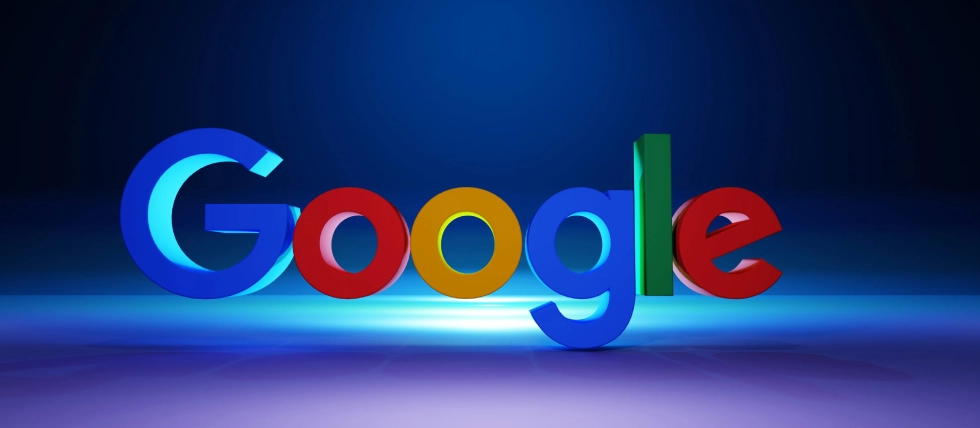Google Reclassifies Sweepstakes Casinos, Shifting Paid-Search Advantage Toward Social Casino Operators
Google now treats sweepstakes casinos separately from social casino apps.

The change tightens ad rules for sweeps operators and reduces search competition for established social brands.
The change to Google’s online gambling advertising policy – announced this year – moves sweepstakes casinos into the broader online-gambling category, exposing them to stricter targeting, verification and placement requirements. Practically, that means many sweepstakes sites are now curtailed from the paid-search channels that previously drove user acquisition, while social casino developers may see reduced competition for high-value search ad slots.
Executives at several major social gaming companies addressed the shift during their Q3 2025 earnings calls. DoubleDown Interactive, a long-established social casino operator known for DoubleDown Casino and related slot titles, said the move could relieve upward pressure on acquisition costs that the sweepstakes sector had been exerting.
Joe Sigrist, DoubleDown’s chief financial officer, told investors: “I appreciate you mentioning what’s going on in the sweepstakes category. It’s obviously very interesting. I think it’s a little early for it to happen. You’re right, by the way. We’ve said probably the biggest impact on us, that we have perceived with the sweepstakes business, is upward pressure on CPIs, on advertising costs. I think it’s a little early, given that California’s ban just kicked in, and some of the other states’ actions are early. It’s a little too soon to determine if that’s going to have an impact on lowering costs. I think, all in all, none of this can hurt, and we’re obviously glad to see it.”
Playtika, publisher of titles including Slotomania, House of Fun and Bingo Blitz, took a more measured public stance. Craig Abrahams, president and CFO, declined to offer definite forecasts but indicated the company is monitoring the landscape and ready to invest where appropriate. “We don’t comment on speculation”, Abrahams said, “but obviously, the situation will continue to be monitored, and wherever we see opportunities, we’ll deploy capital”.
Light & Wonder – the parent of SciPlay and the owner of social hit Jackpot Party Casino – was more explicit about the competitive dynamics. Light & Wonder executives said restrictions on sweepstakes in certain markets have already correlated with modest improvements in social casino performance, citing early data from territories where sweepstakes offers have been withdrawn.
Light & Wonder CEO Matt Wilson acknowledged the mixed results across the company’s portfolio and described a path back to growth: “I’ll say from the outset: Jackpot Party, in particular, is not where we want it to be, and we need to work hard to get that back into growth mode. [SciPlay CEO] Josh [Wilson] is doing a lot of work to focus on that. We’ve been fairly public about the impact of sweeps on this category. We see some data in markets where sweeps are being eliminated, and we’re seeing a subsequent uptick in the social casino market. We think that manifests over time and the deregulation of sweepstakes happens over time, that’ll be a tailwind for the social casino sector. We don’t really control that. What we can control is the economies that we can optimize in our game. We do think we [will] get revenue back to growth mode in 2026. As we get those games dialed in and we have the benefit from sweeps [restrictions].”
Related: California’s Assembly Bill 831 Targets Online Sweepstakes Operators
More Regulation
Regulatory and Market Outlook
Regulatory moves are central to this story. California’s Assembly Bill 831 and similar state-level actions have drawn scrutiny to the sweepstakes model, and Google’s policy update compounds operational friction for operators that rely heavily on paid search. With sweepstakes casinos also running social-style products, the reclassification reduces bidding competition for social-casino keywords, which can translate into lower cost-per-install (CPI) and higher visibility for long-standing social brands.
For sweepstakes operators, the loss of paid search access will likely force a pivot toward alternative channels: influencer marketing, off-platform promotions, organic app-store optimization and affiliate networks. Those tactics can mitigate short-term traffic losses but normally trade scale for higher marginal costs and longer conversion timelines.
For investors and industry observers, the near-term picture is nuanced. Social casino companies stand to gain a marketing reprieve, but sustainable growth will still depend on product quality, retention and in-game monetization. Light & Wonder’s projection of a return to revenue growth in 2026 underscores the expectation that any benefit from reduced sweepstakes competition will be gradual and contingent on execution.
As enforcement of Google’s policy plays out and more U.S. states finalize rulings on sweepstakes mechanics, the competitive landscape for social and sweepstakes casinos will continue to evolve. Operators that move quickly to optimize customer acquisition strategies and adapt to changing ad platforms are most likely to convert policy shifts into lasting commercial advantages.
RELATED TOPICS: Regulation
Most Read
Must Read
 Interviews
Interviews
Exclusive Interview: Levon Nikoghosyan Shares AffPapa Winning Formula for Successful iGaming Events
Dec 03, 2025 Interviews
Interviews






Review this New Post
Leave a Comment
User Comments
Comments for Google Reclassifies Sweepstakes Casinos, Shifting Paid-Search Advantage Toward Social Casino Operators